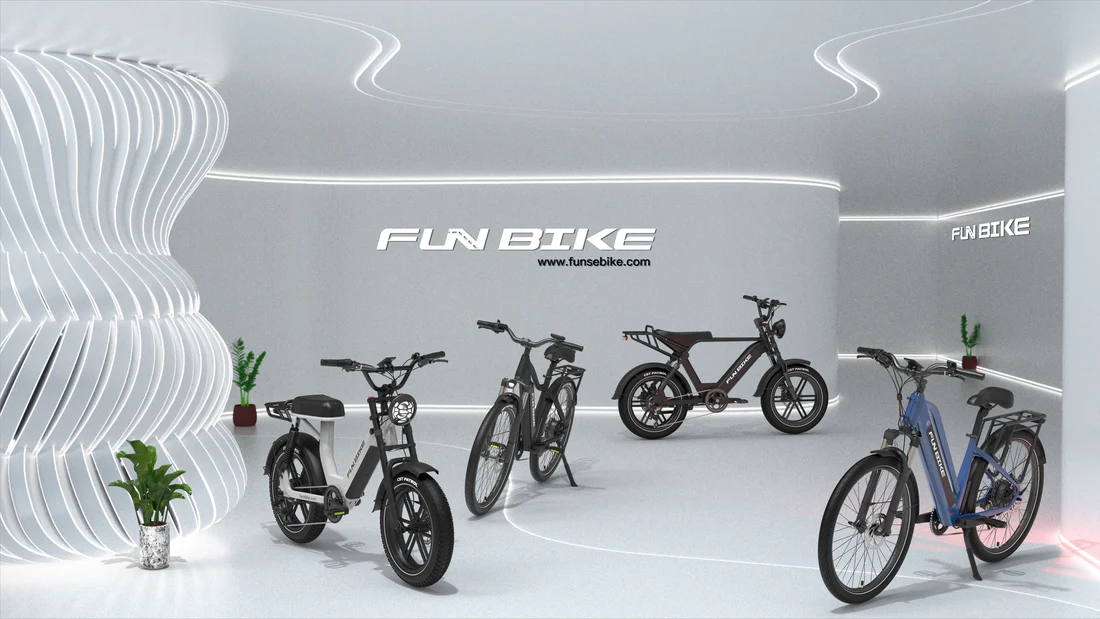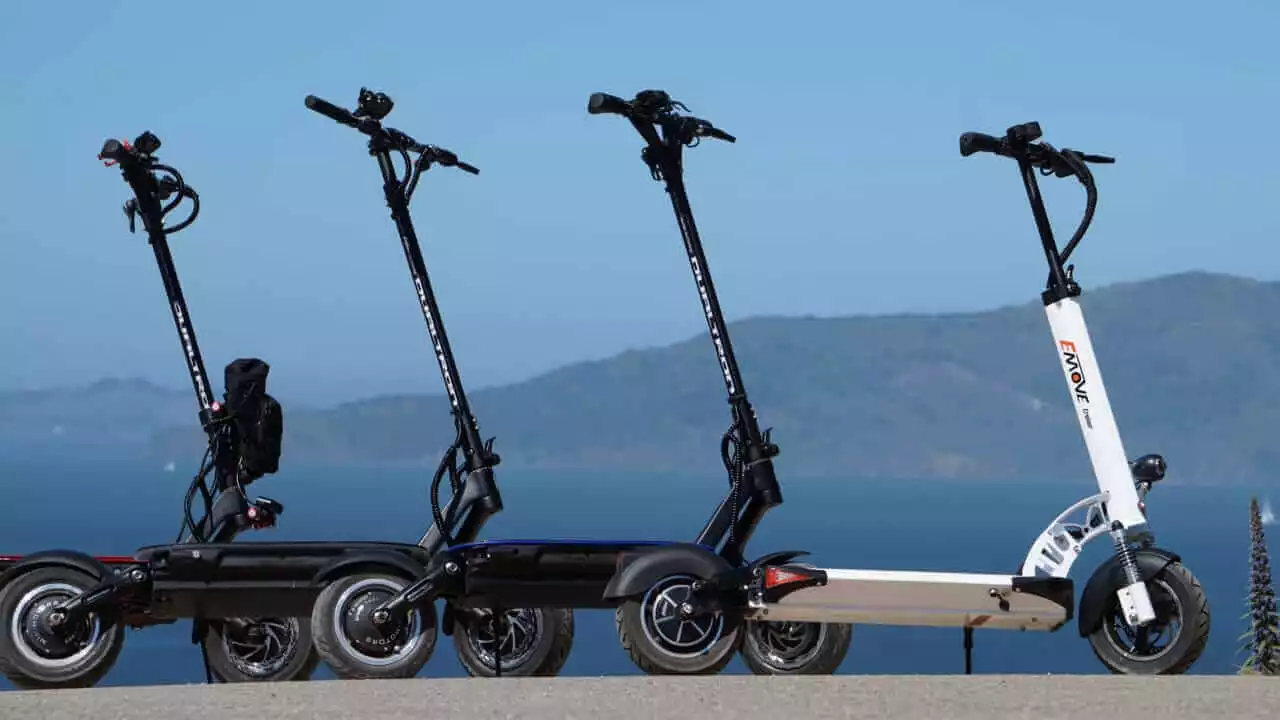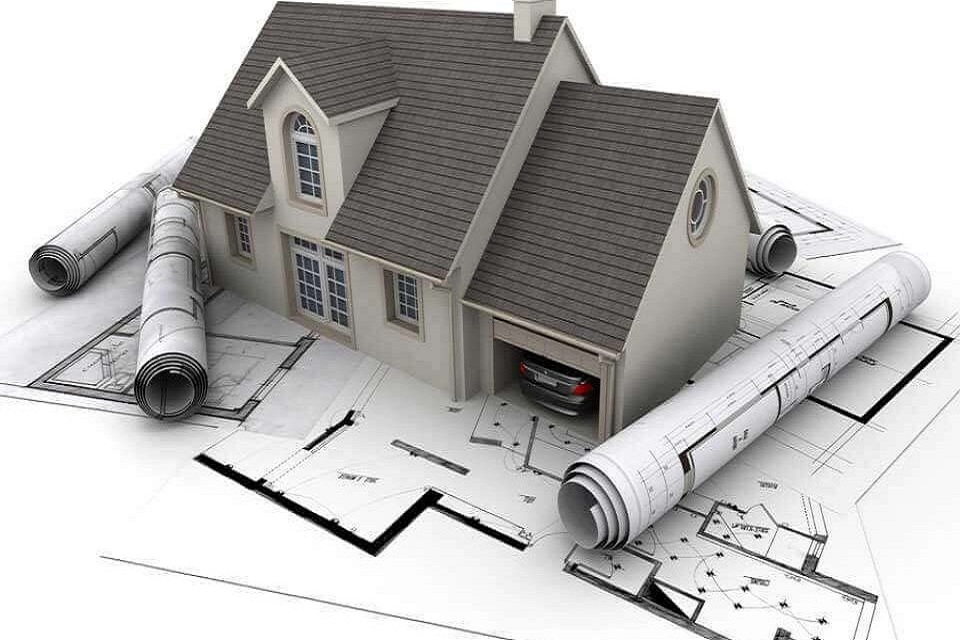Getting a new car means making a lot of choices. Do you want to buy a new or pre-owned vehicle? Are you looking to buy an SUV for the family or something sportier just for yourself? Will it have automatic or manual transmission? What color will it be? But for all the decisions you have to make about the car itself, one of the most important choices has nothing to do with the make, model, or available features: It’s whether you will lease or buy your new ride.
There’s more at stake in this choice than you might think. Although there’s the obvious difference in how these deals are structured, you also need to think about the long-term impact of your decision and what it might mean for your finances over the next several years. For instance, buying means you are responsible for taking care of any repairs or maintenance on the vehicle if the problem isn’t covered under warranty.
With a lease, on the other hand, these repairs may be covered under the terms of your contract, meaning you won’t have to spend any money. If you buy, you’ll have the latitude to customize your new car however and whenever you see fit. A lease, however, prohibits any customization work to the vehicle.
Which option works best for you is a matter of your needs, wants, and financial situation. Although many people reflexively assume that purchasing their next car is always the preferred choice, that isn’t necessarily the case. From the taxes you’ll pay to how many miles you’ll be allowed to drive per year, how you secure your new vehicle can have a number of side effects you may not have expected.
To learn more about the differences between buying and leasing a car, take a look at the accompanying resource.
Infographic created by O’brien Toyota

Max isn’t your ordinary auto blogger. He’s your friendly neighborhood gearhead, here to guide you through the automotive maze. His blog is like a conversation with a buddy who’s always got the latest auto scoop.





